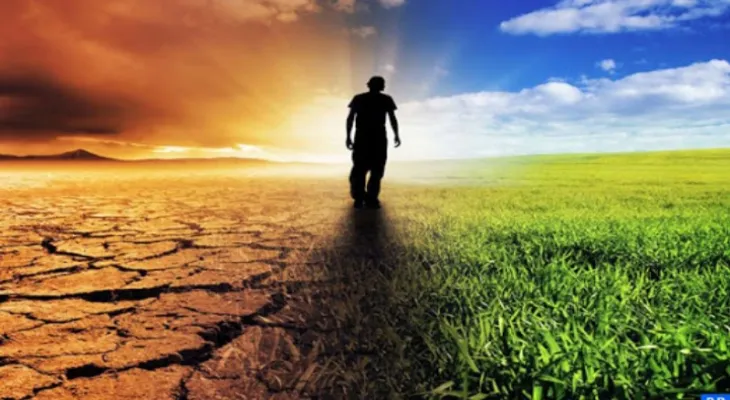Search here
Newspaper
Search here

Arab Canada News
News

Published: September 2, 2023
A new report from the United Nations Children's Fund (UNICEF) stated that children in several countries in Africa are among the most vulnerable groups to the impacts of climate change, and they are "unfortunately" neglected in terms of the funding needed to help them adapt, survive, and respond to the climate crisis.
The UN agency classified children in 48 out of 49 African countries that were assessed as being at "high or very high risk" of climate change effects based on their exposure to climate and environmental shocks, such as hurricanes and heatwaves, as well as their level of vulnerability to those shocks.
UNICEF also stated in its report, "Children in the Central African Republic, Chad, Nigeria, Guinea, Somalia, and Guinea-Bissau are the most at risk." The report revealed that only 2.4 percent of multi-lateral climate funding can be classified as supporting child-responsive activities, which averages about $71 million annually, and when young people are included, the figure rises to only 6.6 percent of funding.
For her part, Leaky Van De Waal, Deputy Director of UNICEF for Eastern and Southern Africa, said, "It is clear that the youngest members of African society are bearing the brunt of the harsh impacts of climate change, and they are the least able to adapt, due to their physiological vulnerabilities and limited access to basic social services... We need a stronger focus of funding on this group so that they are equipped to face a life filled with disruptions caused by climate change."
UNICEF noted in its report that despite the significant progress made by almost all countries in providing basic services, ongoing challenges continue to increase children's vulnerability, including limited access to high-quality health and nutrition services, a lack of clean drinking water and sanitation and hygiene services, limited access to quality education, and high levels of poverty.
The UN agency also released its report ahead of the African Climate Summit in the Kenyan capital Nairobi on next Monday.
Policymakers, business leaders, and environmental activists from across the continent are expected to discuss ways to reduce greenhouse gas emissions and how to adapt to the increasing repercussions of the climate crisis.
According to UNICEF, children and youth play a crucial role in long-term change and sustainability, so their ideas, creativity, and skills must be taken seriously and become part of the solutions to the climate crisis.
Comments